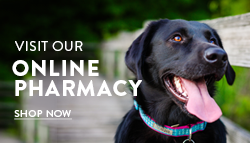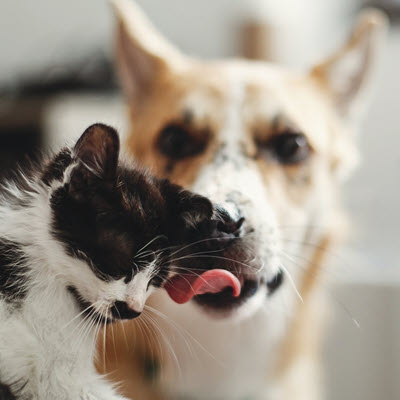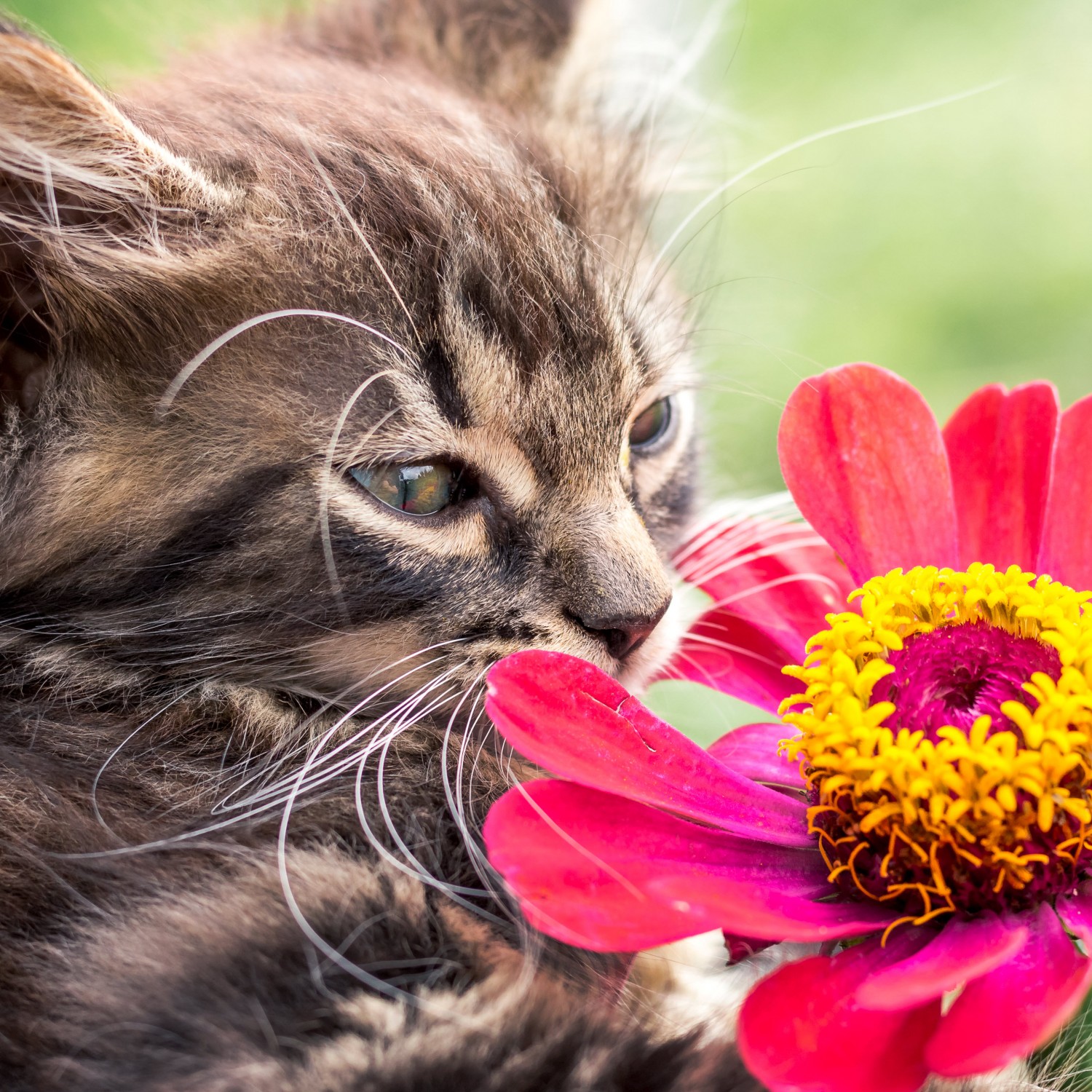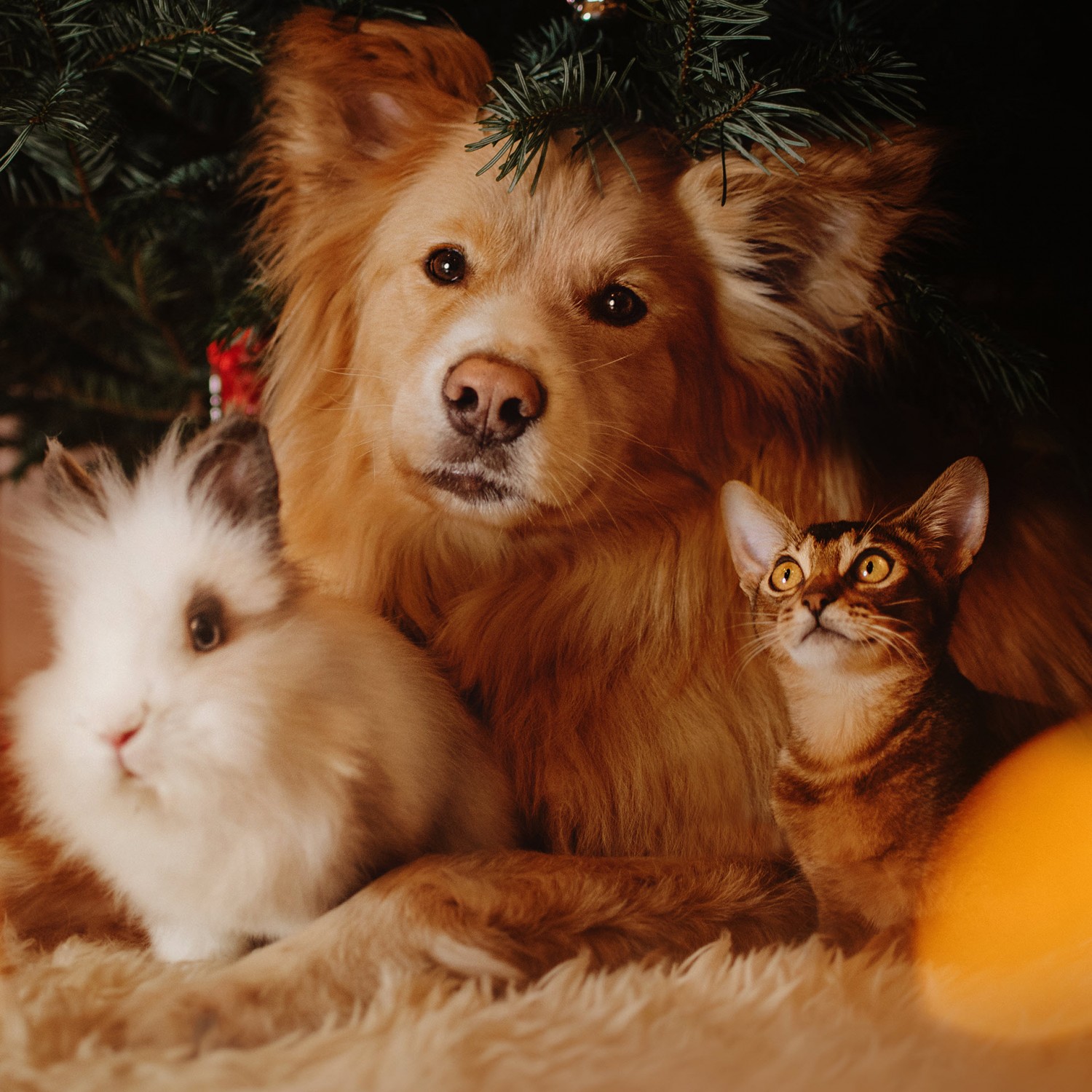Welcome to GrandView Animal Care Center!
We are an established veterinary clinic in your neighborhood, ready to service your pets’ needs!
We welcome the opportunity to be your “other” family doctor!
Call us at (716)608-6383 to book your examination.
|
|
As always we strive to give your pets the best medical care we can. We appreicate your pateince as we experience longer than normal wait times for appointments.
 |
Tips for First-Time Puppy Owners
As new seasons approach, many families will be welcoming new pets into their homes, and Grandview Pet Hospital wants to help you prepare for this exciting responsibility. The ideal age to bring a puppy home is between 8 to 10 weeks, as they are safely weaned from their mother and ready to bond with their new family. Remember, vaccinations should begin at 8 weeks of age to protect your puppy from distemper, parvovirus, and other illnesses.
|
Avian Influenza A (H5N1) in cats
An outbreak of Avian Influenza began in March 2024, and it has come to our attention that this virus can also affect cats. To keep your feline companions safe, avoid feeding them raw dairy products and prevent them from having contact with wild birds, whether they are alive or deceased.
If your cat does become infected, symptoms may include neurological issues such as seizures, tremors, and blindness, as well as severe lethargy, excessive nasal discharge, and sneezing or coughing. If you suspect that your cat is exhibiting any of these signs, please call us immediately.
|
 |
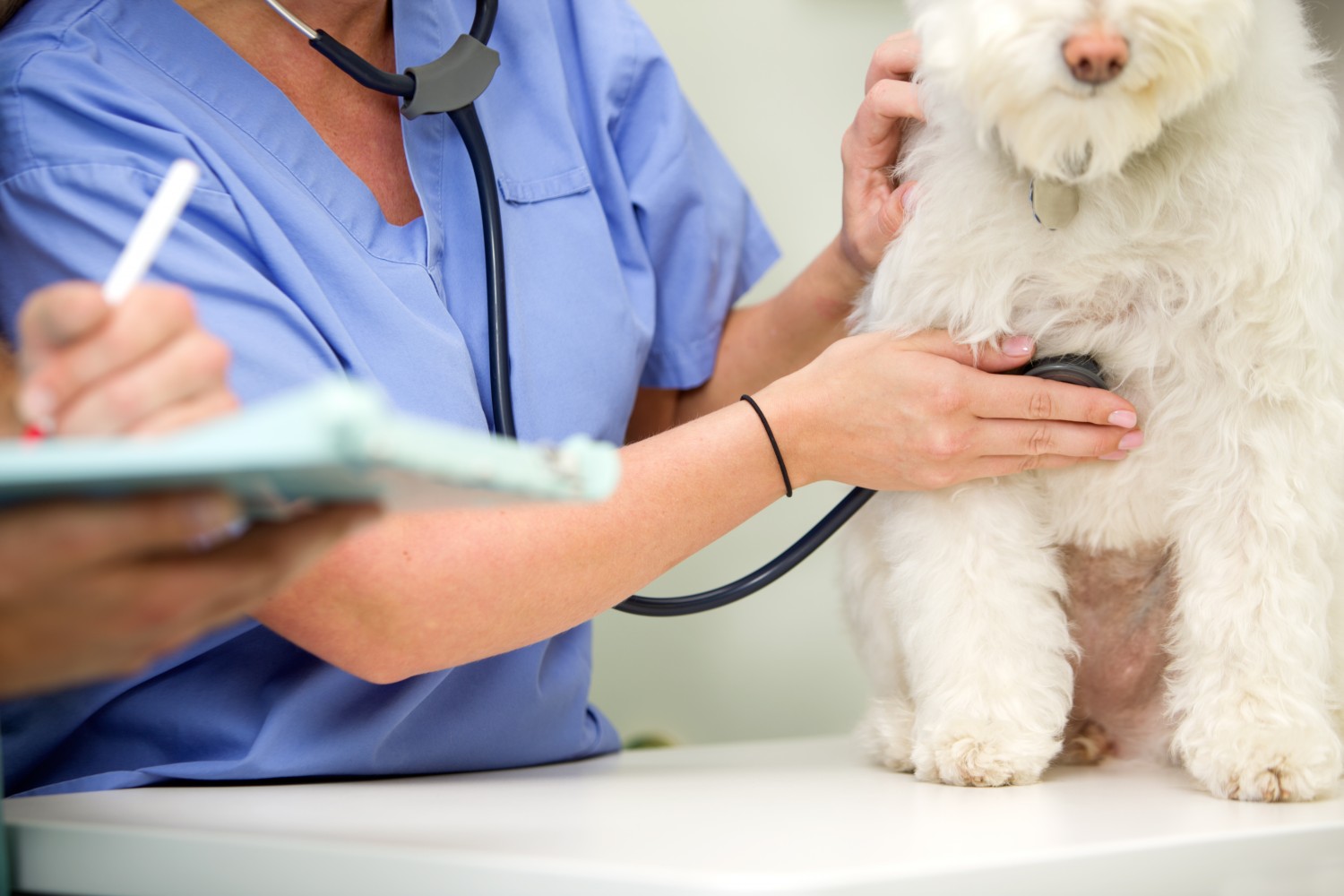 |
Stay Up To Date With Preventive Care
Parasites don’t go away because the temperatures drop. In fact, ticks can survive all year round, meaning that consistent preventative care is essential if you are to keep your pet safe from their bites and the diseases that they carry. Fallen leaves present a perfect playground for pets and an ideal location for ticks to hide, so keep them up to date with their preventatives and check them thoroughly for ticks whenever they come inside.
|
Ear Infections in Dogs
Does your dog have itchy or unpleasant-smelling ears? Regularly examining your dog's ears is crucial for identifying potential problems. If you observe your furry friend shaking their head or persistently scratching at their ears, it could be a sign of an ear infection. With warmer weather on the horizon, these infections tend to become more frequent, making it even more important to maintain your dog's ear hygiene. A little extra care can help ensure your canine companion stays comfortable and healthy!
|
 |
 |
Protect Their Paws
Puppies and kittens are exceptionally curious and will play with anything they can get their paws on. Nicotine poisoning can occur if an animal consumes even a small amount of nicotine. With the rise in popularity of electronic cigarettes, it’s important to keep an eye on your dog to prevent them from chewing on these products. Additionally, cats may find cigarette butts to be an enticing new toy, so it's crucial to keep your pets away from all nicotine-related items.
|
Fall Safety Tips
- Discarded candy, cupcake wrappers, and other trash can be too tempting for some pets to ignore. Keep all trash secure and out of pets' reach.
- Chocolate, candy, and gum are more tricks than treats for pets. Skip those scary goodies and anything with xylitol (which can be deadly)!
- Halloween decorations, particularly strobe lights, loud noises, and animated things should be kept secure and away from pets at all times.
- Halloween is a safety risk for black cats. Keep yours inside or get them chipped in case they sneak out.
- Keep anxious pets in a quiet, comfy room away from young children and Halloween chaos.
Read more
|
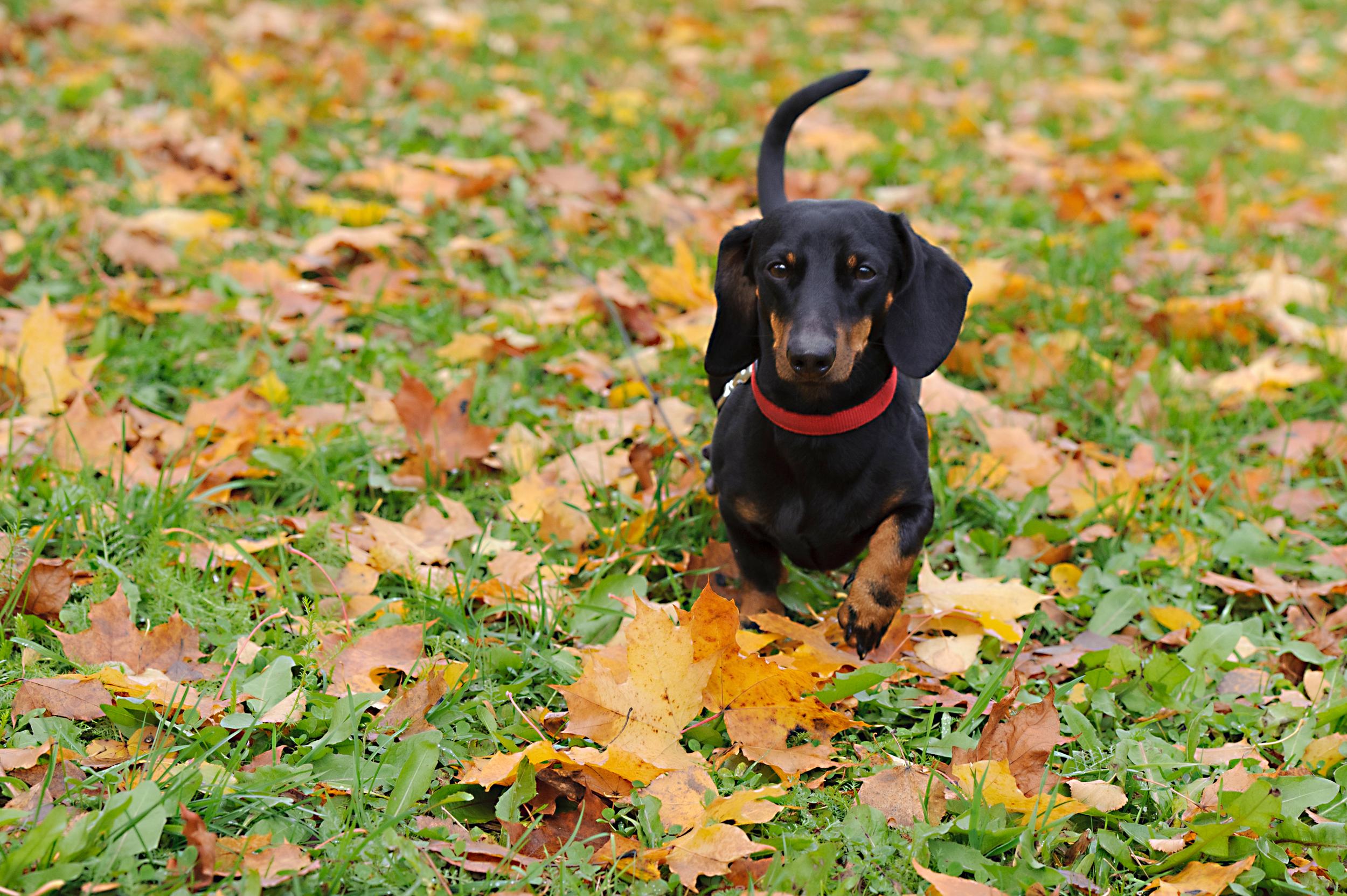 |
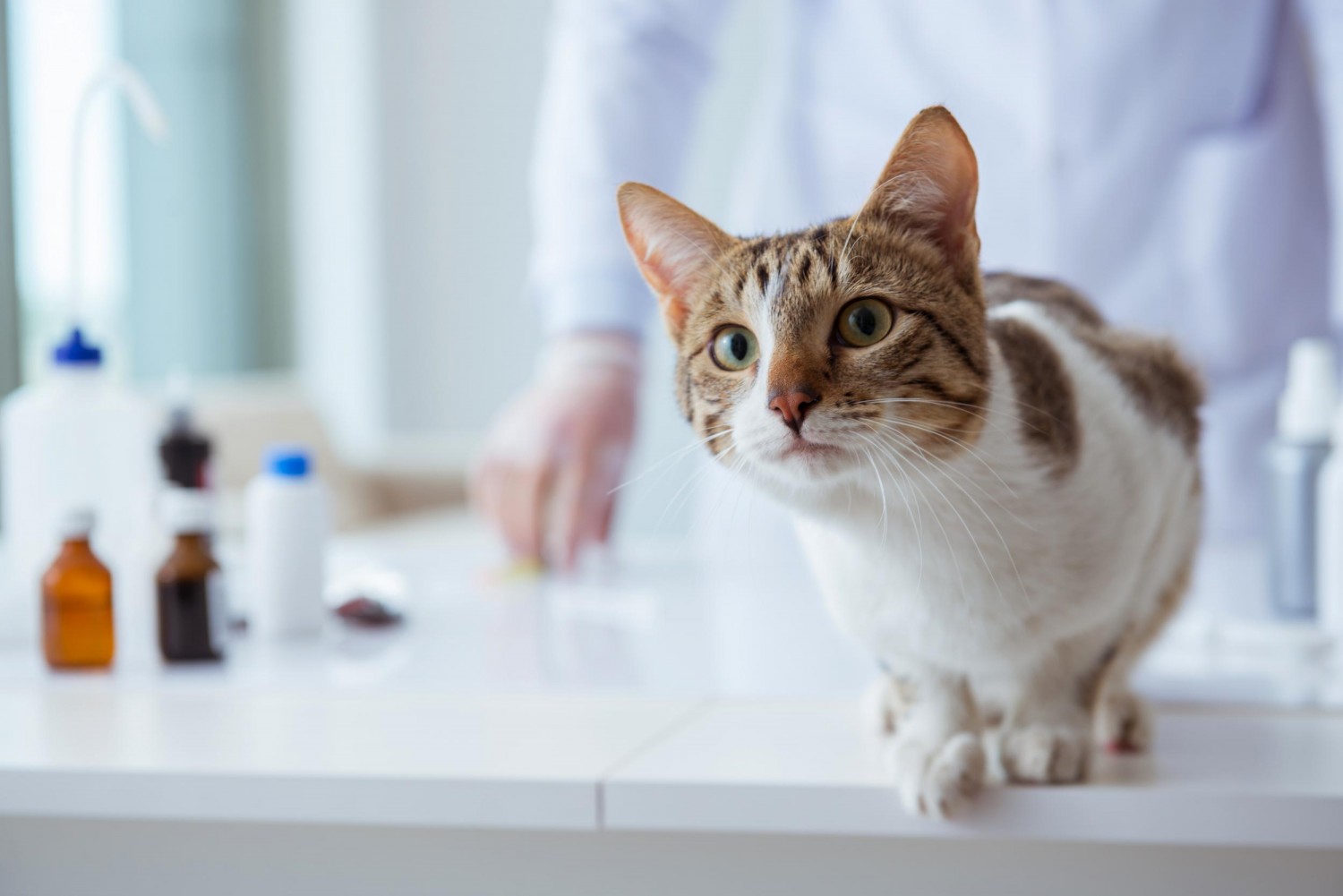 |
Get Your Pet Microchipped
If you and your pet do become separated, perhaps as a result of them escaping or becoming lost when on a walk in the dark, you are more likely to be reunited with them if they are microchipped. Microchipping is the most effective method of attaching your information to your pet so that you can be contacted if they are found. Unlike collars and tags, which can fall off or be removed, microchips are permanent and can’t be tampered with. If your pet isn’t chipped already, ask your vet about the procedure today. If they are chipped, make sure that your details are up to date.
|
Fun facts about Catnip
Did you know that not all cats react to catnip? The ability to respond to catnip is inherited genetically. Kittens younger than 6 to 8 weeks of age cannot experience its effects. Catnip was initially introduced to America by early colonists as a commercial crop, but it is now primarily used for entertaining cats. While catnip can increase aggression in cats that are already aggressive, most cats enjoy its calming effects, often rolling around in it or even attempting to eat it.
|
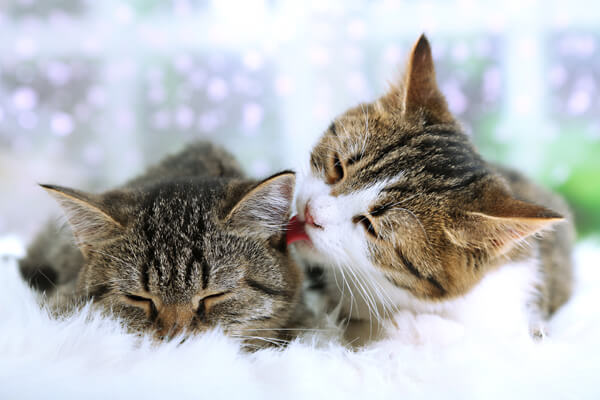 |
|
Should indoor-only pets receive flea and tick preventatives?
While indoor-only pets have a lower risk of encountering fleas and ticks compared to pets that spend time outdoors, they can still be exposed to these pests. Therefore, it is generally recommended to provide indoor pets with flea and tick preventatives. Indoor cats can become infected with fleas by coming into contact with potting soil from indoor plants, other pets (like dogs) that go in and out, and your shoes/clothing from walking.
Remember – the best defense against fleas, ticks, and the illnesses they bring is prevention. Make sure your pet remains on preventatives year-round.
|
|
|
To our GrandView Family… PLEASE READ
Effective at your next visit with us, we will NO LONGER be allowing your pet into our facility on a retractable leash. There are many dangers to having your dog on a retractable leash in general, as well as issues with pets on leash within a confined area such as our lobby.
- Dogs on retractable leashes are not under control.
- The cord itself can be a hazard to you, other people, OR other people’s pets.
- The locks on retractable leashes ALMOST ALWAYS fail.
Our goal…as always… is to keep you and your pet safe while you visit us. If you do not own a traditional leash, please notify our staff before entering the building with your pet, and a slip-lead will be provided for you to borrow.
We ALL look forward to seeing you and continue to keep you and your pet’s best interests in mind.
Thank You From your Grandview Family!
|
|
To Live, To Love, To Learn, To Lose
Each one of your pets will offer you all four of these lessons in their lifetime. Our veterinary family has personal experience in all of these life stages, and we are here to offer you personalized care for your four-legged family members. We will do this through preventative medicine, which may involve routine screens of blood work, urine and stool samples. Early intervention may involve general surgery, behavior modification or a mobility assessment. We offer compassionate palliative care for all stages of your pet’s life.
|
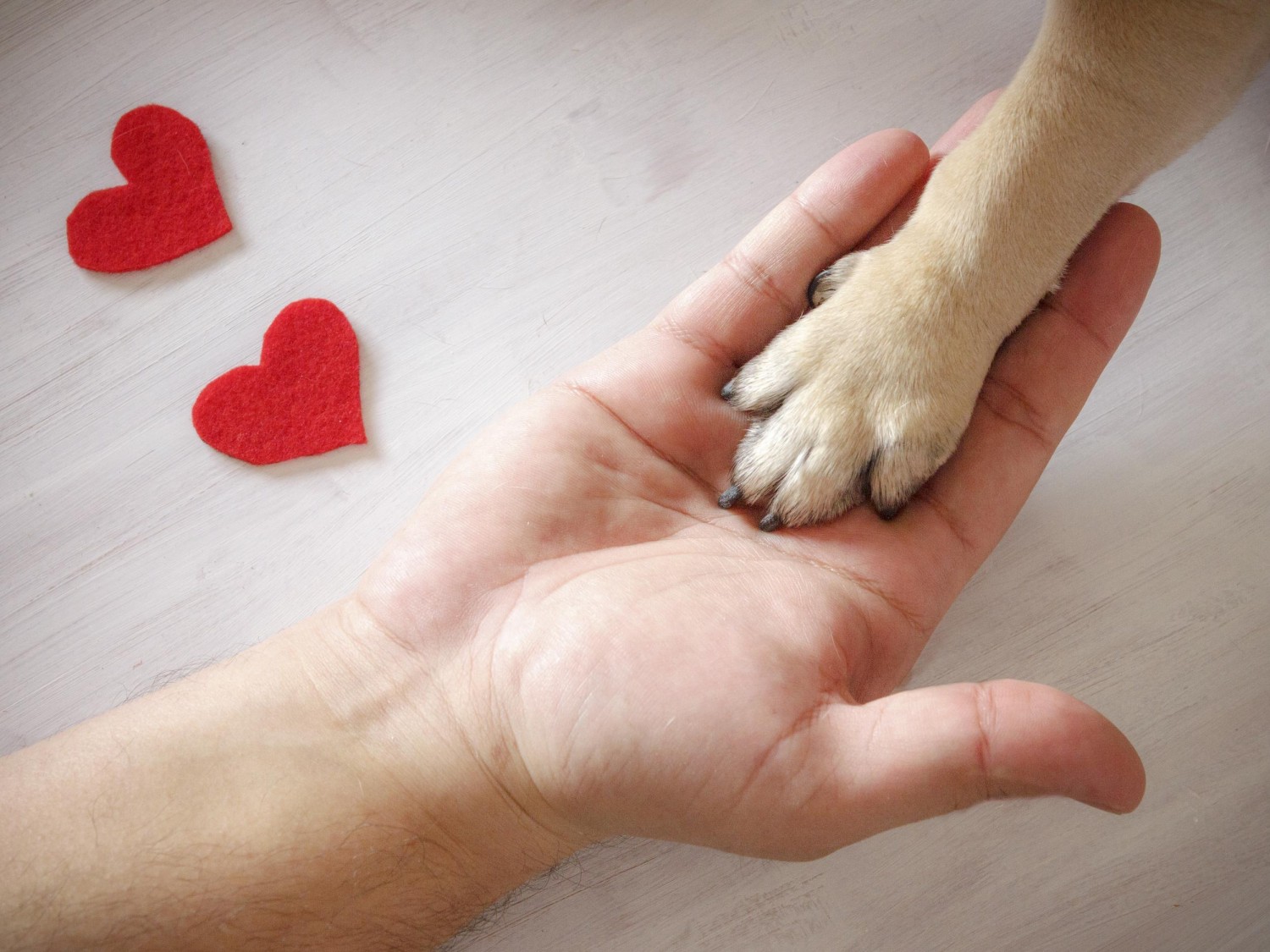 |
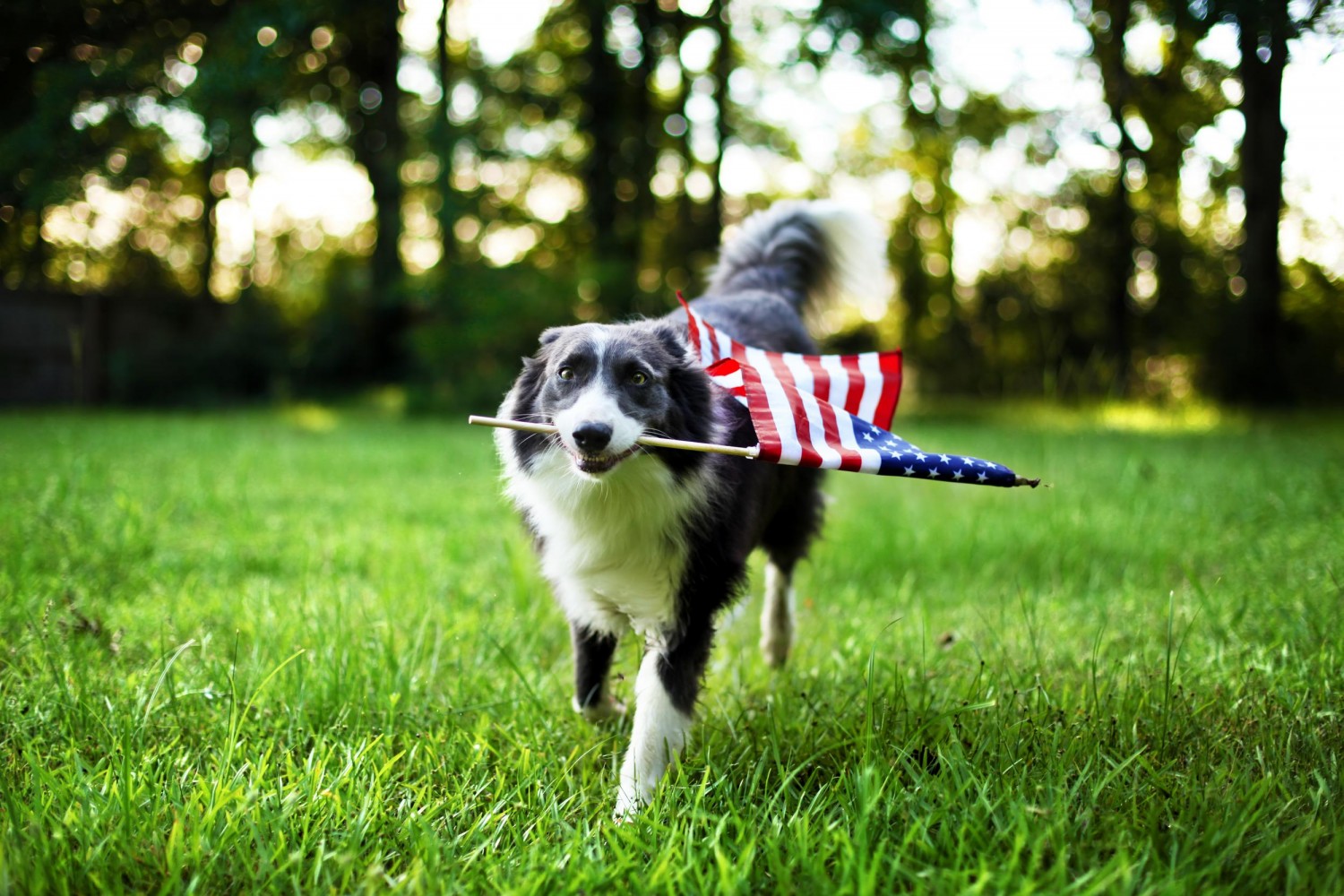 |
We PROUDLY participate in the “Thank A Vet” Discount Program!!
10% appreciation discount on
services with a valid military ID!
|
|
